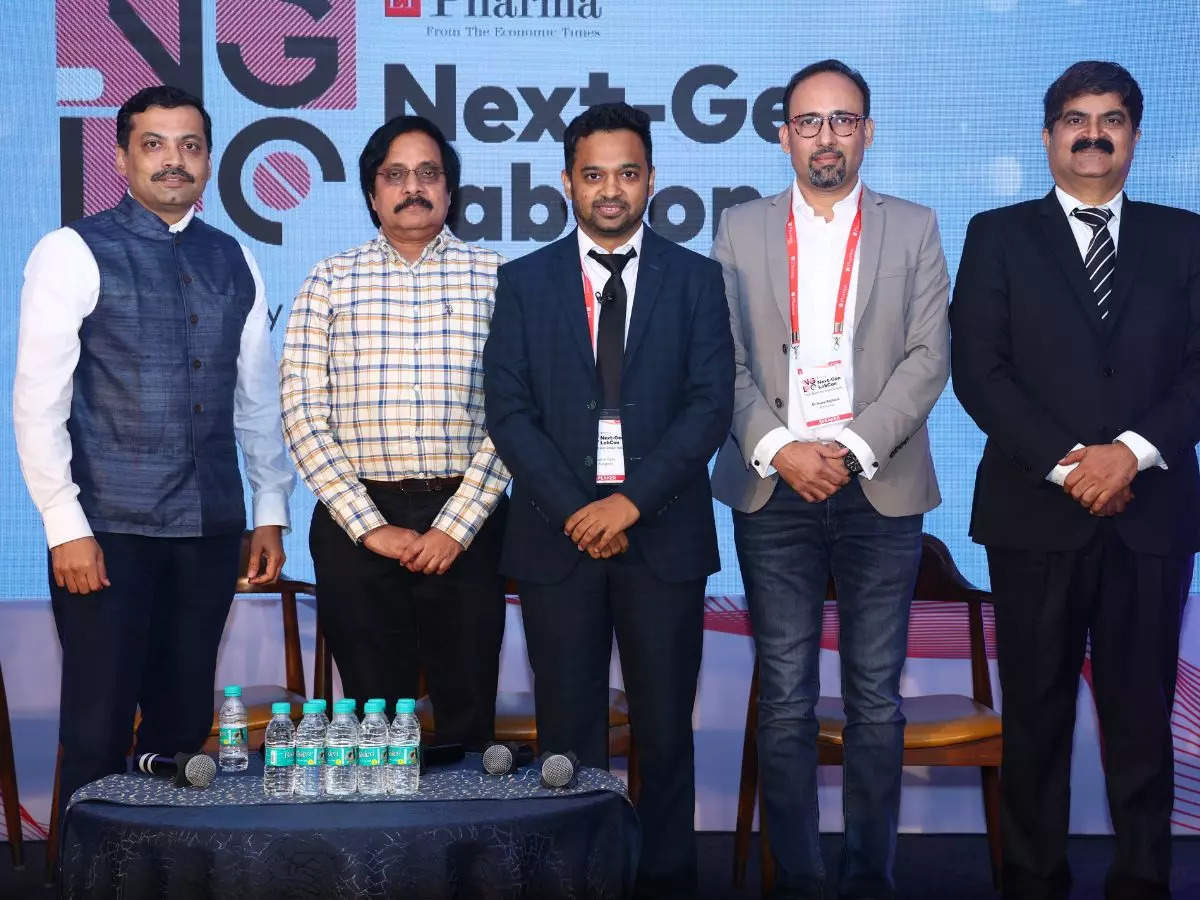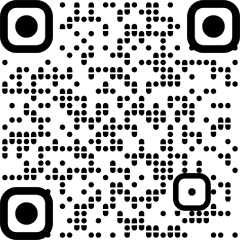
By Prathiba Raju & Prarthana Sharma
Hyderabad: At the second edition of Next Gen LabCon, a panel discussion titled “Role of Sensors, AI, ML, and RPA in Enhancing R&D Experimentation” highlighted key insights into the benefits and risks of using these technologies in pharmaceutical research and development. The panel also delved into ethical concerns and the necessity of human-machine interaction in the Industry 5.0, stressing the demand for specialists with domain knowledge and real-time monitoring to ensure regulatory compliance.
The panelists for the session were Tushar Zade, CDO & CIO of Aurigene Pharmaceuticals Services Ltd, Dr Mandar Ghatnekar, Global Head of IT & Digital Transformation at Biocon Biologics, Chitti Babu, Chief Information Officer (CIO) at Aurobindo Pharma, and Dr Sujay Rajhans, President and Head of R&D at JB Pharma. The panel was moderated by Chakravarthi AVPS, Chairman of the Federation of Pharma Entrepreneurs – Telangana & Andhra Pradesh, FOPE South.
Initiating the conversation, Chakravarthi AVPS emphasised India’s contributions to global healthcare through affordable, life-saving drugs, highlighting Hyderabad’s prominence as a major pharma exporter with numerous FDA-approved facilities. He projected a future where Telangana’s strengths in chemistry and digital technology drive innovation to meet future healthcare needs through digital transformation.
Continuing the discussion, Dr Rajhans addressed the transformation of the Indian pharmaceutical industry from a local player to a global exporter. Attributing the growth to cost-effective manufacturing, high productivity, and the adoption of quality-focused regulations like QbD, he said, “Cost-effective manufacturing and high productivity have significantly transformed India’s pharmaceutical industry into a major global exporter over the past two decades. Initially, there were few FDA regulations, but evolving standards and the introduction of Quality by Design (QbD) have greatly enhanced the industry’s focus on quality. Early QA teams were small, yet their expansion marked the industry’s commitment to higher standards. The adoption of advanced technologies, such as process analytical tools and sensors, ensures maximum flexibility by enabling real-time monitoring and continuous quality assurance. This modern approach overcomes the limitations of traditional sampling methods, ensuring the reliability and safety of pharmaceutical products throughout the production process.”
Chakravarthi added that modern digital technologies, including biometric sensors and real-time physiological data, have revolutionised R&D. These technologies provide deeper insights into physiological processes, improving precision in research tasks.
Elaborating on the usage of AI technologies, Dr Ghatnekar stated, “Neural networks and genetic algorithms are two AI technologies that have existed for many years but have become more influential due to the increased speed of computers in recent years. They are currently applied in three main ways: enhancing productivity with small-scale ‘snackable’ AI, generating new content through ‘generative’ AI, and performing complex tasks like protein structure prediction with ‘expert’ AI. However, the proper use of AI is a major issue, as the high-quality reliable data required is a challenge for the Indian pharmaceutical industry, which has been slow to adopt digital technology. Despite the significant breakthroughs expected in this field, AI in production still requires further development to achieve global success, such as reducing the number of tests needed for biosimilar research.”
Tushar Zade pointed out issues like data and computing costs, a shortage of skilled talent, and the need for accurate validation for AI or ML applications in diagnostics.
Discussing the historical challenges of integrating ERP systems due to computer illiteracy and departmental silos, Chitti Babu said, “In 2002, installing ERP systems was challenging due to widespread computer illiteracy among employees and the presence of departmental silos. Training users and integrating systems were significant hurdles. Although AI continues to develop, it is fundamentally built on basic statistical principles and data.”
Highlighting that AI can never replace human insight, which remains essential, Chitti Babu said, “The Indian pharmaceutical industry is undergoing digitalisation but still faces difficulties. One challenge is converting handwritten or scanned data into digital form. Generative AI models require detailed data, but companies are hesitant to store data in the cloud due to security concerns. Regardless, second-grade security concerns persist. Above all, preventing system crashes that could cost human lives is a major concern.”
Dr Ghatnekar added that despite significant advances, AI-based protein structure prediction currently achieves only about 85 percent accuracy. The acceptability of AI-generated data by regulatory agencies is a major concern, requiring well-defined criteria for AI employment and regulatory positions on such systems.
Dr Rajhans highlighted Industry 5.0’s focus on close human-machine cooperation, where automation frees people to engage in creative thinking. He noted that AI should manage regulatory compliance without human involvement, citing examples of automated responses to temperature differences.
“Regulatory compliance should be managed by AI without human involvement. For example, if there is a temperature discrepancy, it must be automatically flagged. Regulators, including the FDA, now require access to raw data for real-time monitoring, not just output reports,” Chitti Babu stated. He concluded by noting the need for precise guidelines from regulators, such as the FDA, for validating AI, especially for self-learning models.
This panel discussion underscored the transformative potential of AI, ML, and RPA in pharmaceutical R&D while highlighting the critical need for human expertise and robust regulatory frameworks.







